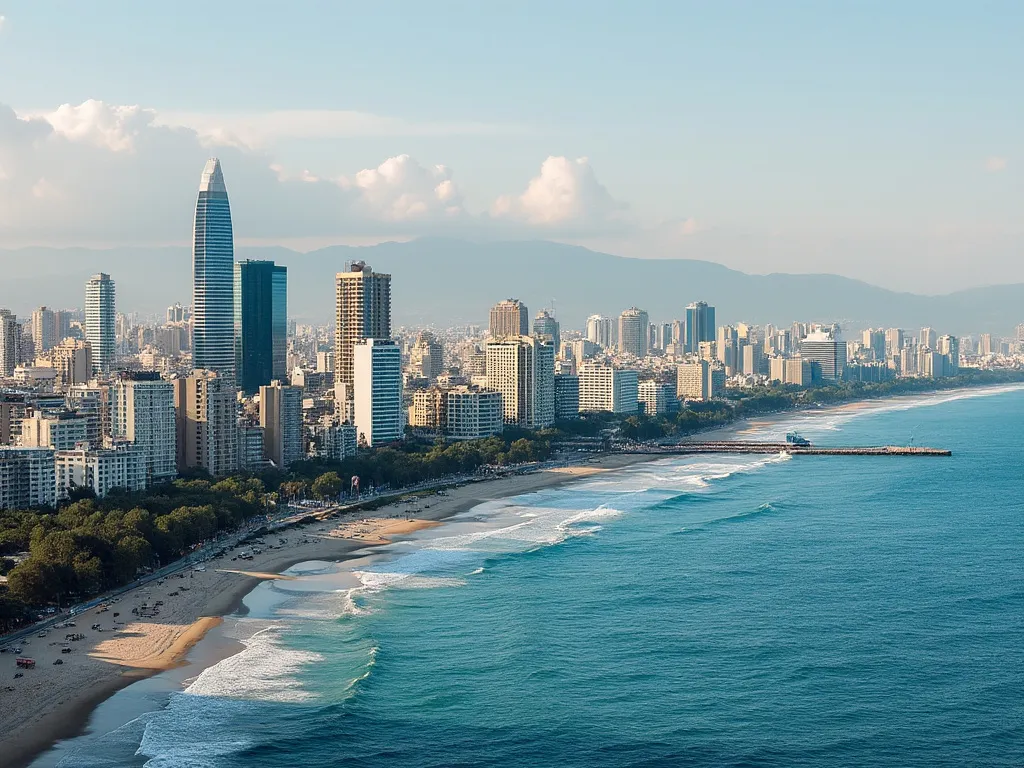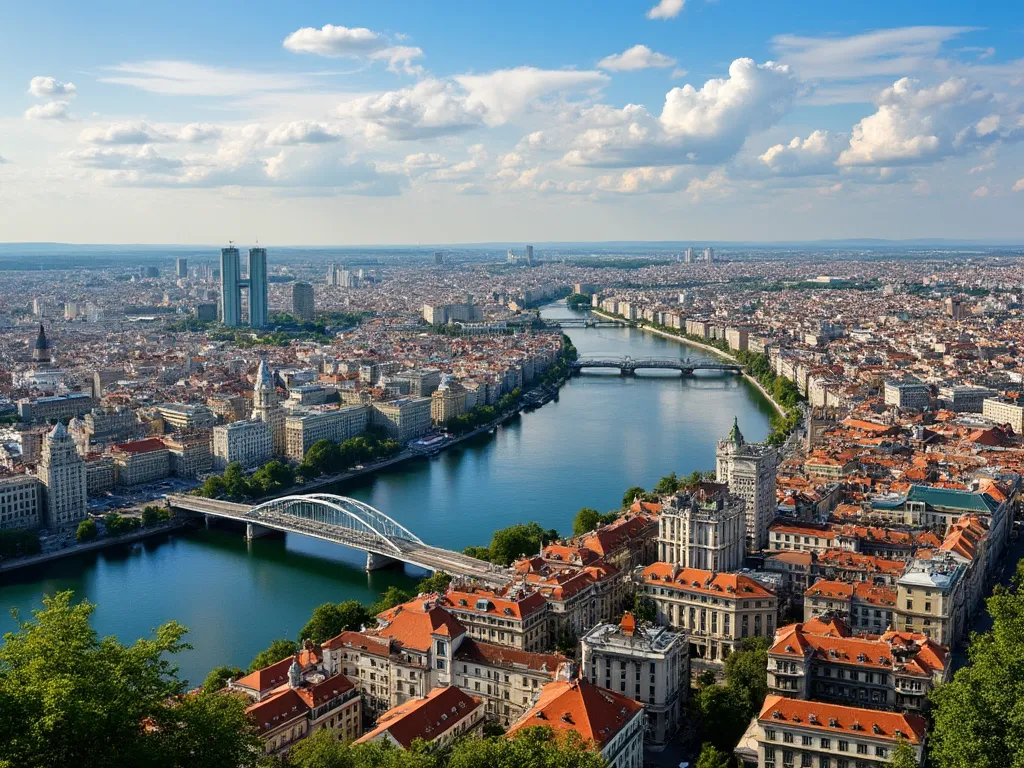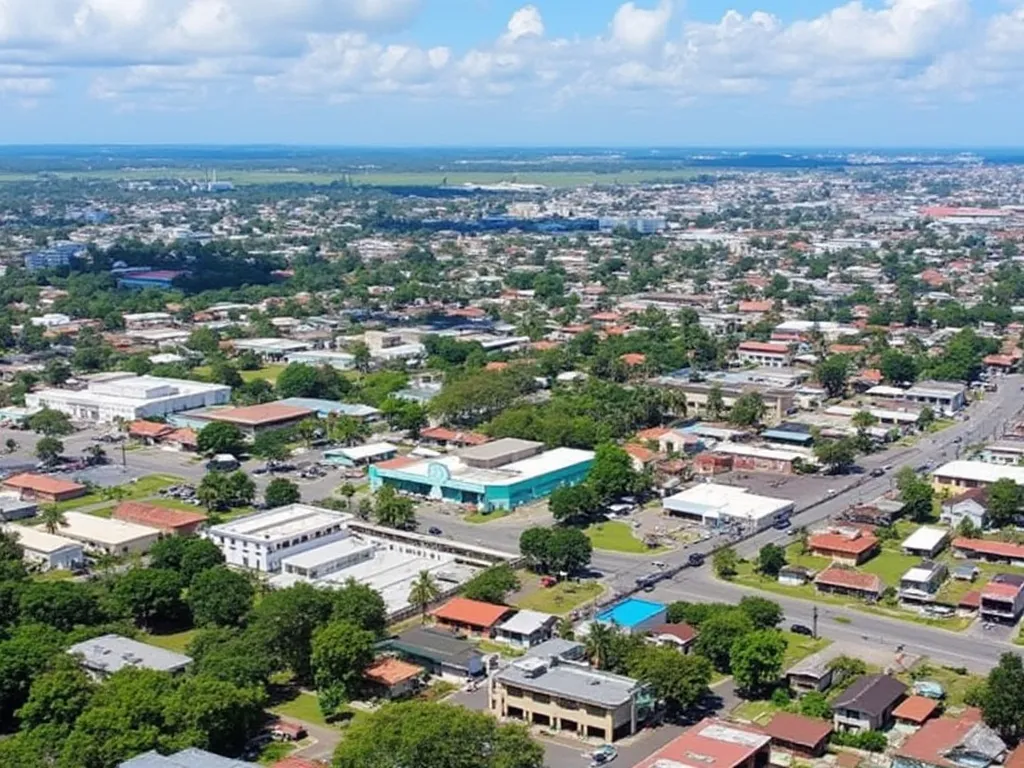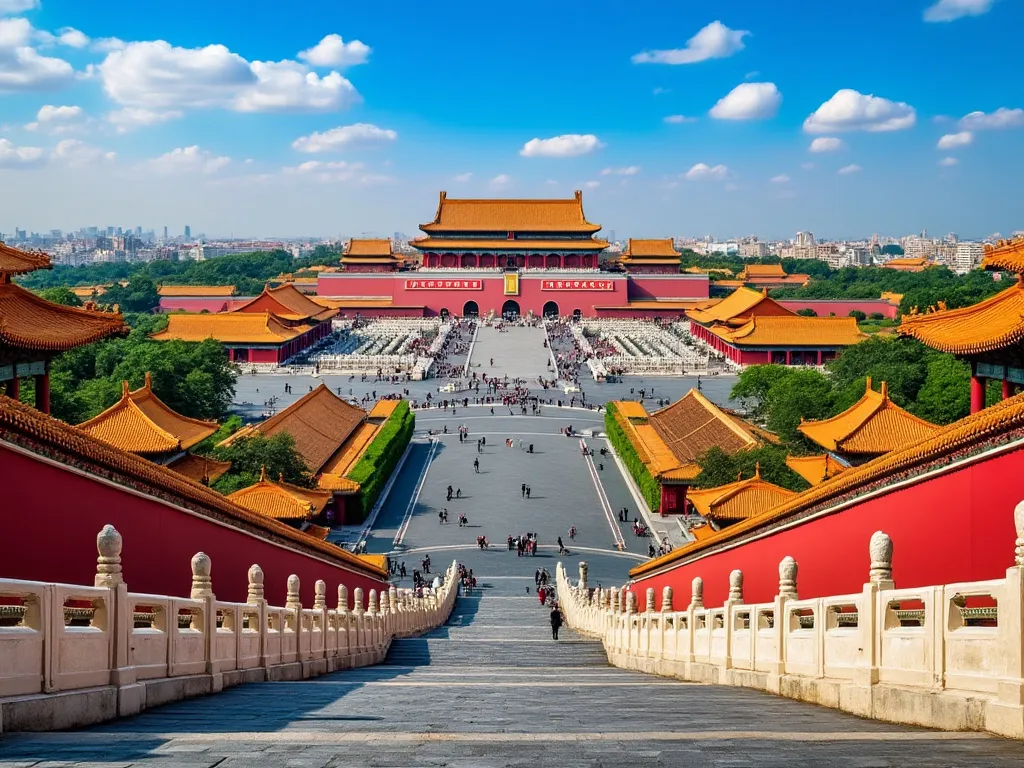
Beirut, la capital y ciudad más grande de Líbano, es una ciudad con una rica historia y una mezcla de culturas. Ubicada en la costa oriental del Mediterráneo, Beirut ha sido un importante centro de comercio y comercio durante miles de años. La ciudad ha sido destruida y reconstruida numerosas veces, y su mezcla única de estilos arquitectónicos otomanos, franceses y árabes refleja su tumultuoso pasado.
Información sobre Beirut
| País | 🇱🇧 Líbano |
| Población | 361,366 (área urbana: 2.2 millones) |
| Coordenadas | 33°53′N 35°30′E |
| Área | 20 km² (7.7 mi²) |
| Clima | Clima mediterráneo (clasificación climática de Köppen: Csa) |
| Idioma | Árabe (oficial), Francés, Inglés |
| Moneda | Libra libanesa (LBP) |
| Zona horaria | EET (UTC+2), Verano (DST) EEST (UTC+3) |
| Proximidad a otras ciudades importantes | Trípoli, Líbano (85 km), Damasco, Siria (110 km), Tel Aviv, Israel (220 km) |
Antecedentes Históricos de Beirut
Beirut ha estado habitada desde el período Neolítico, y su ubicación estratégica la convirtió en un premio codiciado para varios imperios a lo largo de la historia. La ciudad fue un importante centro de comercio y comercio durante el Imperio Romano, y siguió siendo un centro cultural y económico significativo durante el Imperio Otomano. En 1920, Beirut se convirtió en la capital del Mandato Francés de Líbano, y permaneció bajo control francés hasta que Líbano obtuvo su independencia en 1943.
Ubicación Geográfica de Beirut
Beirut está situada en la costa oriental del Mediterráneo, en una península que se adentra en el mar. La ciudad está enclavada en las estribaciones de las montañas del Líbano, que proporcionan un impresionante telón de fondo a la ciudad. La geografía de la ciudad ha jugado un papel significativo en su desarrollo, siendo el puerto de Beirut uno de los más concurridos de la región.
Significado Cultural de Beirut
Beirut es una ciudad que combina a la perfección diferentes culturas y tradiciones. La ciudad alberga una población diversa, con musulmanes, cristianos y drusos viviendo juntos en una comunidad vibrante y ecléctica. Beirut también es conocida por su vibrante escena artística y cultural, con numerosos museos, galerías y festivales a lo largo del año.
Importancia Económica de Beirut
Beirut es el centro económico de Líbano, con una economía diversa que incluye banca, finanzas, turismo e industria. La ciudad alberga la Bolsa de Valores de Beirut, y es un importante centro de comercio y comercio en la región. El puerto de Beirut es uno de los más concurridos del Mediterráneo, y la ciudad es un importante punto de tránsito para bienes y personas.
Datos Interesantes sobre Beirut
- Beirut alberga la escuela de derecho en funcionamiento continuo más antigua del mundo, la Universidad Saint Joseph.
- La ciudad tiene una vibrante vida nocturna, con numerosos bares, clubes y restaurantes.
- Beirut alberga el Museo Nacional de Beirut, que alberga una vasta colección de artefactos de la historia de Líbano.
- La ciudad tiene una mezcla única de estilos arquitectónicos otomanos, franceses y árabes.
Atracciones Turísticas en Beirut
- El Museo Nacional de Beirut
- Los Zocos de Beirut
- El Corniche
- La Gruta de Jeita
- Las Rocas de Raouche
En conclusión, Beirut es una ciudad que combina a la perfección diferentes culturas y tradiciones. Desde su rica historia hasta su vibrante escena artística y cultural, Beirut es una ciudad que tiene algo que ofrecer a todos. Ya sea que estés interesado en la historia, la cultura o simplemente quieras experimentar la mezcla única de Oriente y Occidente de la ciudad, Beirut es un destino que debes visitar.
 Belgrado
Belgrado
 Belmopán
Belmopán
 Basseterre
Basseterre
 Pekín
Pekín